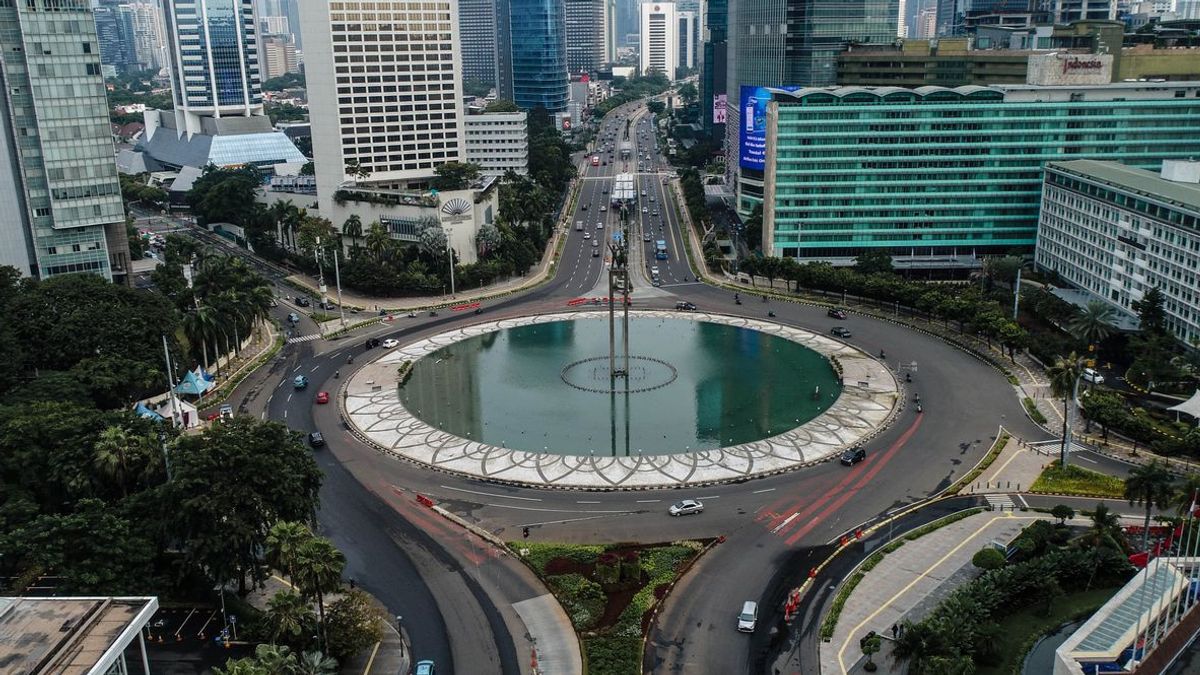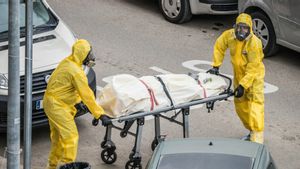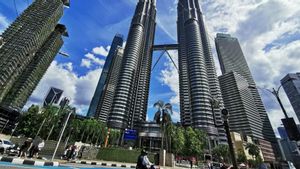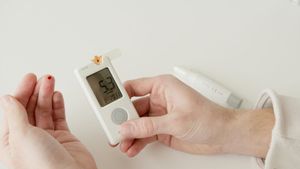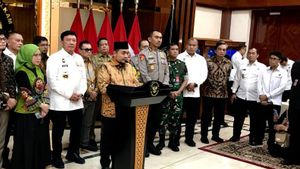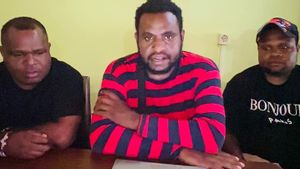JAKARTA - DKI Jakarta Governor Anies Baswedan's decision to pull the emergency brake lever through the strict Large-Scale Social Restrictions (PSBB) as at the beginning of the pandemic received appreciation from the COVID-19 Handling Task Force.
Spokesperson for the COVID-19 Handling Task Force Wiku Adisasmito assessed that the steps to implement the PSBB were appropriate. Seeing the addition of COVID-19 cases in DKI Jakarta over the past four weeks, it continues to increase.
"The restrictions on socio-economic activities have a socio-economic impact. However, we see from the increase in cases over the last four weeks mainly because the red zone on the city map in DKI Jakarta needs to be more stringent," Wiku said in a press conference broadcast online on account. YouTube Presidential Secretariat, Thursday, September 10.
Wiku said that if necessary, according to him, DKI Jakarta could impose restrictions on a micro scale. So that handling of COVID-19 cases such as carrying out testing, tracking cases, and treatment can be maximized.
In addition, he said that the steps for implementing the PSBB that Anies Baswedan had taken were in accordance with the five stages that were recommended by President Joko Widodo some time ago.
"So it has been conveyed by the President and also explained by the national leaders that in order to open socio-economic activities in the form of a sector, the first process is preconditions, then timing, the next is priority, then coordination between the regional centers and the last is monitoring evaluation," he explained. Wiku.
"So what happens in DKI Jakarta is a process that has undergone the precondition since the first time, observes various existing conditions, and determines when it will finally be changed and opened," he added.
Although DKI Jakarta will carry out a strict PSBB with the hope that the number of COVID-19 cases can be reduced, Wiku still reminds the public to adhere to health protocols.
The application of this health protocol, he said, is very useful to reduce the number of cases. With the low number of cases, the availability of beds to the Intensive Care Unit (ICU) room which is feared to be running low can be overcome.
"All of this, of course, requires participation from the community. The things that develop in relation to the availability of beds from the isolation room and the ICU can be controlled properly if the preventive and promotive processes of the community are really carried out properly," he said.
Previously, DKI Jakarta Governor Anies Baswedan decided to restore the PSBB status on Monday, September 14. He admitted that he had three reasons which were numerical parameters and showed that the current condition of the COVID-19 outbreak in DKI was worrisome.
"From three data, namely the mortality rate, use of isolation beds, use of the special ICU for COVID-19, it shows that the plague situation in Jakarta is in an emergency," said Anies at the City Hall of DKI, Central Jakarta, Monday, September 9.
Regarding the death rate, Anies said the figure in DKI was indeed low, namely 2.7 percent. It is lower than the national death rate of 4.1 percent, even lower than the global death rate of 3.3 percent.
Although the percentage of the death rate or case fatality rate in Jakarta is still below the national and world averages, in absolute terms the number continues to increase.
Second, about the use of COVID-19 treatment beds. Concerns about the depletion of bed capacity are based on the continuing high number of active COVID-19 cases.
Third, the use of an ICU bed for COVID-19 patients with severe symptoms. According to him, if the number is not added, the ICU bed will no longer be able to accommodate patients on September 15. When the capacity has been increased but no "emergency brake" is applied, it will return to full capacity on 25 September.
"In short, we will increase capacity. But, if there are no strict restrictions, then this is just buying time. In less than a month, the hospital will be full again," explained Anies.
The English, Chinese, Japanese, Arabic, and French versions are automatically generated by the AI. So there may still be inaccuracies in translating, please always see Indonesian as our main language. (system supported by DigitalSiber.id)
